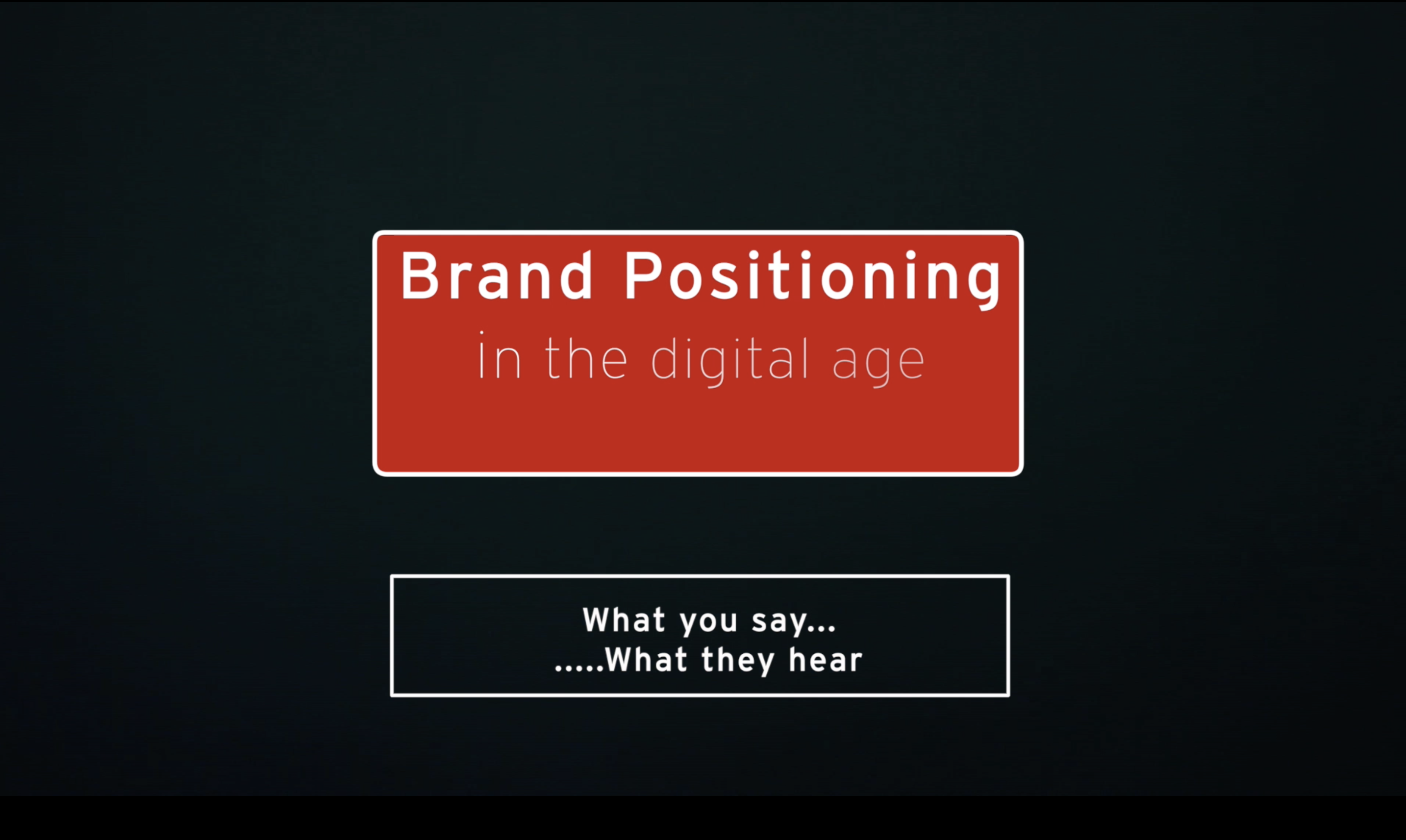“Oh My God!!!…..I forgot!!!”
Isn’t it one of the most common, frustrated exclamations we hear around us?
Living lives full of multiple goals, targets and tasks, many of us have lots of thoughts and commitments for actions to be taken, but no time to complete them all. Some people, though, are very meticulous and are, somehow, able to sail through each day, without feeling frustrated or exhausted at the end of the day.
The one thing, that probably differentiates the successful ones from others, is their ability to plan . While it sounds logical and simple that we plan our actions out to ensure we don’t miss anything, the truth is we never actually do so. In fact, for many of us, to create a plan of action itself needs a planned time out, which we fail to do.
Planning is an important aspect of living, whether we recognise ourselves as planners or not. Imagine you are invited to a wedding. Starting from what to wear, where to buy it and finding the matching accessories; when to leave, how to get there, what gift to give, booking tickets and stay etc – everything requires planning; and gets done!
Even cooking a simple meal requires many steps that many of us do without thinking. From shopping and stocking, to deciding menus, to sequence of preparatory steps, to cooking and serving the actual meal.
Why is it that we seem to do some of these activities in a very well planned way; and yet go through other situations in a clumsy unplanned manner?
Pains and Pleasures of Planning
We are all very good at planning things that are in our domain of comfort or expertise. Probably things our parents did easily and were modelled for us or that we learnt at some point along the way. We all know how good it feels to have accomplished a task that we set out to do. One only has to look at a young child who has managed to tie her shoe or open a box – the joy and pride are there for all to see.
At the same time we are all also familiar with tasks that we feel overwhelmed by; and avoid them because we don’t know how to go about doing them. For some it could be financial planning or career planning that become those badly handled issues; for others it may be housekeeping or travel planning or any major move in personal life.
Why we plan well and act or don’t, may be attributed to one or more of the following
- Our natural, instinctive need for a logical approach – It pushes us to question each step we take. Some have it more than others.
- Our childhood learning – how are parents and teachers became role models and took us through the early, formative years. Early age training of doing disciplined work tends to stay and becomes an unconscious way of doing things. Not having good role models can adversely impact our working styles later in life.
- Our survival necessity – a do or die situation could force us to think more carefully, to ensure we don’t pay a heavy price for some silly mistake or oversight.
- Our Procrastination – due to fear of failure or rejection, caused by childhood experiences of severe reprimand and criticism, could hamper the way we work.
- Our interest areas – We give more attention to detail in work which we tend to enjoy more.
- Our sense of self assurance – A preoccupation with some of life’s issues could keep the mind away from focusing on the present – not being in the here & now.
Planning our ability to execute better
All’s not lost yet! What we didn’t get as a natural ability or good childhood training or where we get hampered by other pressures, could still be brought in control by committing oneself to a discipline even now.
It needs work on two levels
- Understanding one’s inner self, accepting and letting go of the past baggage that holds one back.
- Resolving and structuring for good planning and determined action.
While the first certainly needs introspection and may be some professional help, with a willingness to accept and let go, here are some simple ways for the second; acts that help in taking definite positive steps towards determined action.
1.Break it down
When we look at something in its entirety, it can look daunting. The best way to start planning something that is overwhelming, is to break it down into smaller, manageable pieces. One way to do this is by structuring a beginning, a middle and an end to the task. That is, define what needs to be done first, second and third.
2.Make Lists
Lists are a great way to de-clutter and organise your mind. Once something is written down, you don’t have to worry about it and carry it around in your head anymore. It has found a place where it belongs and you know it will get done in due course. Lists can be made for daily, weekly, monthly and yearly things. They can be made for things to do, emails to write, people to call or shopping to get done. I use a marking system to keep track of things that are complete (check mark), things that are deleted (strike through), things that are pushed forward (forward arrow) and things that are delegated (dot).
3.Delegate
We don’t have to do everything ourselves. It is great to give specific tasks to people who you feel are competent to handle it. The more clarity you have on what you need, the easier it is to delegate. Be specific, articulate clearly what you need and show gratitude. For example, ‘Can you please pick the kids up after class?’ ‘Can you be my contact person for these classes that I am announcing?’ ‘ Will someone take charge of figuring out lunch for the rest of us?’
4.Work backwards
An important aspect of planning is to work backwards from the end goal you had in mind. Sometimes that end is a “date” or a deadline by which a task needs to be completed. You then work back from that date, figuring out how many weeks or days you have for the task. You factor in all the smaller activities and tasks in order of relevance and importance between now and the deadline.
5.Keep it simple
I have found that keeping my planning simple is the best way to ensure that the plan succeeds. Keeping it simple involves asking questions and answering honestly. Do I have enough time for this? Do I have the expertise to do this by myself? What help do I need? Whom do I ask? Do I have the energy to take this on? Do I even want to?
Many times we take on tasks that we have no time, desire or energy for. For example, you want to meet your friends but it’s too much effort to invite them home and it’s not the same if you go out …. how about a potluck instead?
6.Don’t be married to the plan
Plans are there to support you not the other way around. So if you’ve made a plan and it no longer fits the bill or serves your needs, then chuck it. Make a new plan.
I’d like to finish with these two apparently contradictory quotes:
“A goal without a plan is just a wish.”
― Antoine de Saint-Exupéry
“In preparing for battle I have always found that plans are useless, but planning is indispensable.”
― Dwight D. Eisenhower
We all have the same amount of time in a day. The ones that achieve more in their day plan better.
This article written with inputs from Ragini Rao
Please do leave your comments at the bottom and do share with others if you like this article.


















